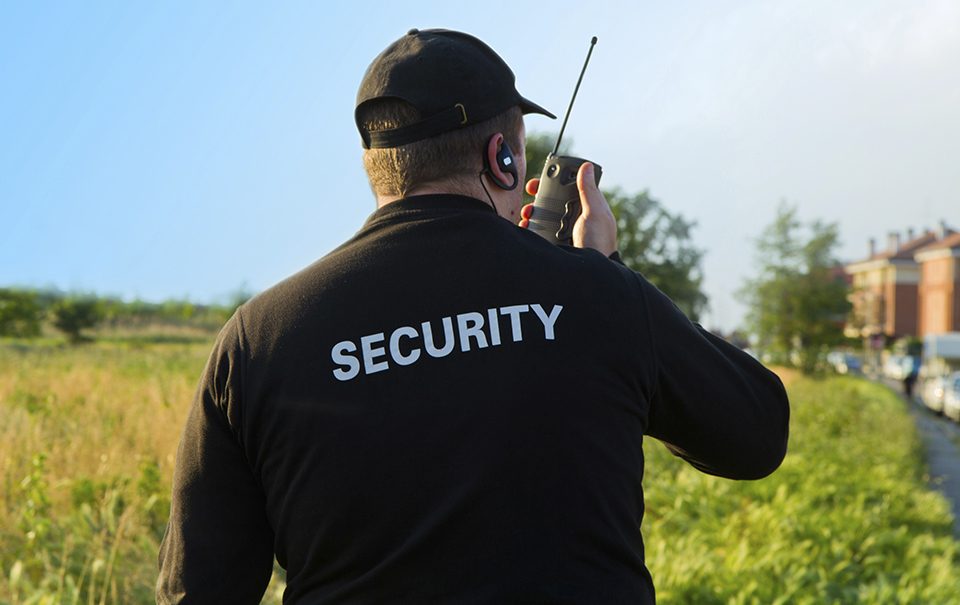Chess Of Survival
By Cecilio Andrade
Within the “world” of the security professionals, almost everyone “knows” or thinks they know how a confrontation will occur, how it will start, how it will develop and, obviously, how it will end. Which, separate egocentric pathologies, we know without doubt that will not be so. Field Marshal von Moltke made it very clear to us, and, if you think about it, Mr. Murphy did too, “anything that can go wrong, will go wrong.” By the way do you know if Mr. Murphy’s surname is Moltke?
One of those everyday things that I have observed for years, although I suspect it is something immutable in any environment and time of humanity, in courses, workshops, seminars or training, is the idea of creating answers of the type I call “chessboard “,”If the bad guy does A I will do B.”
In principle, knowing what and how to respond in each given situation is positive, but only in principle. Real life is not an orderly, measurable board, with fixed, immutable, nor predictable rules. “The Old Man” von Moltke made it very clear, real-life chess only works if the opponents collaborate and respect the same rules we use. Do they? Answer this question yourselves.
Over the years I have generated the ability to think like my adversaries, or at least approach those thoughts as much as possible. This ability has allowed me to carry out many situation analysis that avoided problems and also potentially risky scenarios.
Is it an easy skill to acquire? Truth is no, it is not. Vital, professional, social, cultural and intellectual experiences, to mention the main ones, are fundamental and unavoidable part of their acquisition and improvement.
The vast majority of people analyze others based on them. They judge on the basis of their own baggage, and surely they are rarely able to put themselves in “other people´s shoes”.
Being able to think like the adversary is fundamental to a type of training that is becoming more and more fashionable and that there are more and more “experts”. This poorly applied and poorly analyzed fashion has generated that this type of training ends up degrading its effectiveness, generating incorrect conclusions far from reality. We are talking about Force on Force.
I am a fervent defender of Force on Force training, in all its aspects, is not something new, but even this procedure can generate bad habits if the instructor, or director of the exercise, does not capture a very important nuance, we all react on base to our training and experience. A policeman acting like a bad guy, if he is not well educated and directed, will act like that, “a policeman acting like a bad guy.” The instructor should look for the “policeman acting as a bad guy” to be “a bad guy” with all the randomness that implies. The “bad guy” will start by “putting on his shoes”, which will allow him to think better and faster, and the “good guy” will have to respond with greater realism and effectiveness. Both learn, both improve, and both evolve.
We must learn to generate stepped thoughts of the type:
- What is the worst-case scenario?
- What is the best-case scenario?
- What stays in between?
- Do I have the capabilities to respond to all scenarios?
- And if something comes up in what I have not thought of, how could I respond effectively?
With all the above it is time to define a series of points:
- We need a plan A, but remembering that the alphabet has many more letters.
- Our plan should never be immovable, but flexible and adaptive.
- We must have the necessary skills, and if not to train them, to carry out and modify our plan on the fly.
Difficult? Well, yes, but that does not make it less necessary, I’m very sorry but carrying and using weapons is not just a procedure or administrative situation, it is a duty and obligation to know how to use them properly, professionally, legally and ethically.


